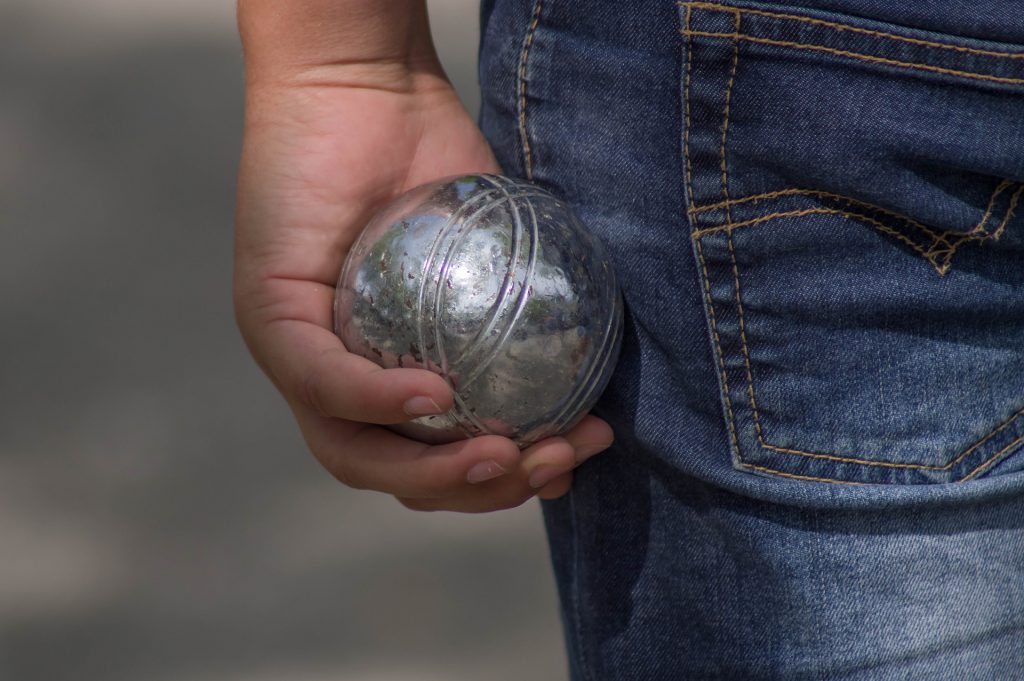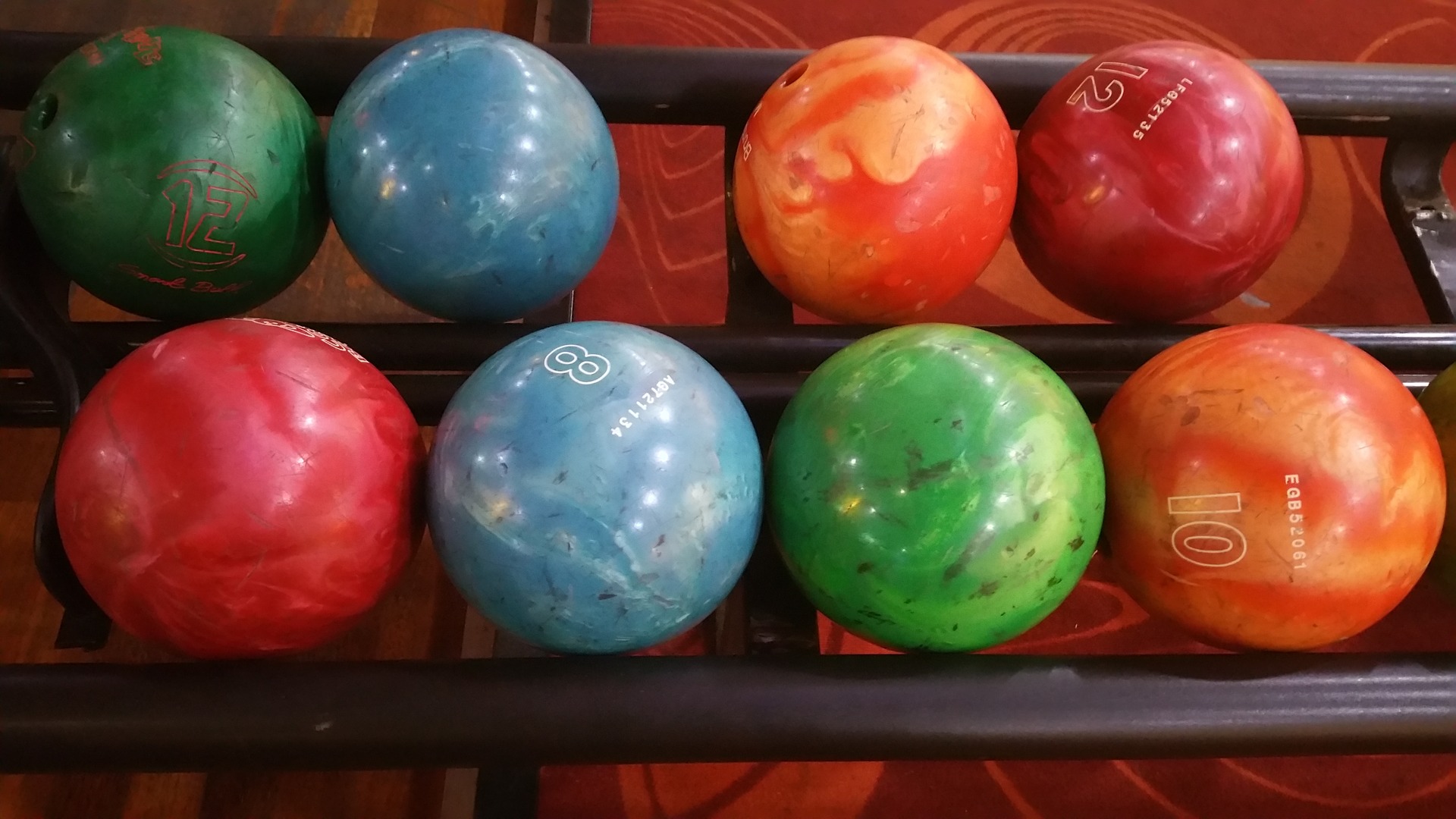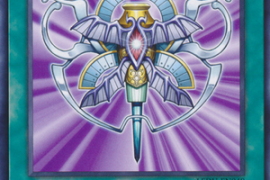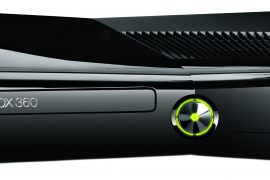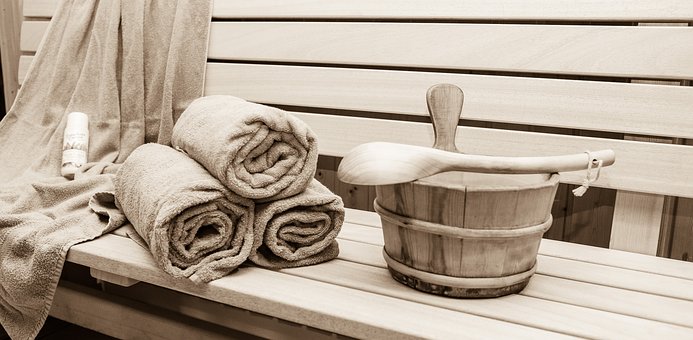Bowling is one of those activities that brings people closer together. The camaraderie, cheery environment, and low-impact physical activity makes this the one sport that people of all ages can enjoy. For some beginners, bowling can seem fairly simple. But as many know, there is much more to bowling than simply rolling a heavy ball on the floor. If you’re new to the activity, there are probably some pretty common mistakes that you may be making in the hopes of becoming the next bowling champion. Take note…
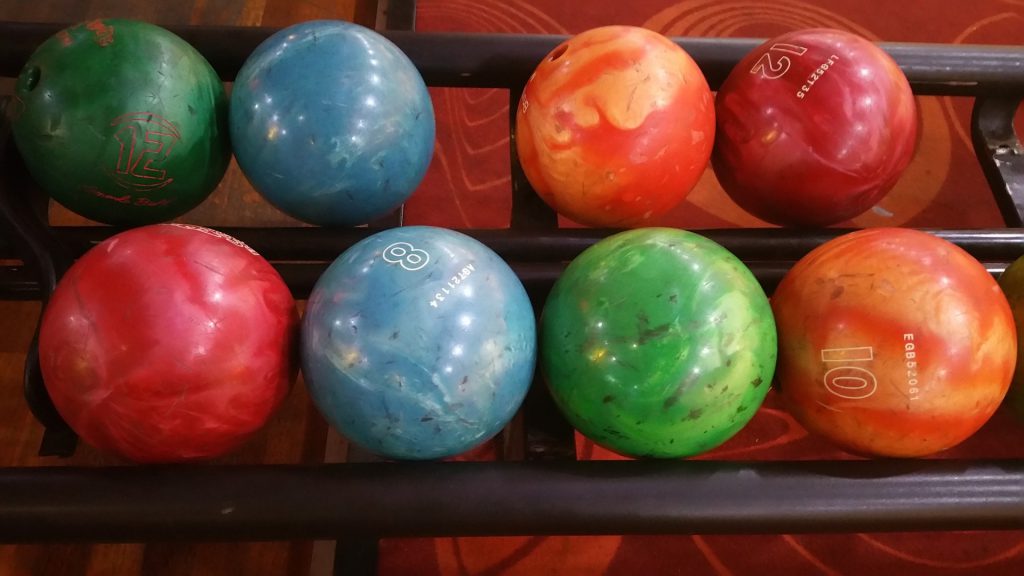
The Bigger The Ball, The Harder They Fall…
Nothing could be further from the truth than this statement. Beginners often think that the heavier a ball is, the more pins they will knock down, and the better their bowling will be. While weight certainly does play a small part in how a ball connects with the pins, it is imperative that you choose a weight that matches your physical strength. If you select a ball that is too heavy, you will not be able to get enough power behind it to knock down any pins. Furthermore, you run the risk of getting a gutter ball and straining your muscles in the process. On another note, you won’t want to overestimate the amount of weight your ball has. Choose one that is too light, and the ball will probably “bounce” upon release, thus destroying your chances of a strike.
The Hole Truth…
As a rule of thumb (no pun intended), the middle and ring finger should be used in the two holes provided on the bowling ball. The reason for this is so that the muscles of the wrist are not used improperly, causing damage while bowling. Some bowlers inadvertently use the first two fingers (or another combination) in an attempt to secure the most comfortable position. Something else to watch out for is the size of the hole. Size definitely matters in this instance, as holes too small will find your fingers stuck quickly (especially if sweaty). Attempting to roll the ball while your fingers are still attached will definitely cause an injury or two. The holes also shouldn’t be too large either, or else your grip will be too loose. This too can cause injury, and will also ruin your ball release.
Footloose and Fancy Free…
Those floors in bowling alleys are incredibly slick. There is a reason why the wild looking rented bowling shoes are designed the way they are. They are intended to give you enough grip to keep you from falling onto your face—but enough slickness to provide you with the “slide” you’ll need to keep from tripping as you release the heavily weighted ball. That being said, it’s important to make sure that you’re wearing properly sized shoes. They should not pinch the toes, or otherwise be too tight. Make sure to factor in the thickness of the socks you’re wearing with these shoes, as a size that is too loose will prevent you from achieving a comfortable pre-bowl stance.

Great Balls of Fire…
There is the mistaken belief that the harder and faster one rolls the bowling ball, the more pins will be obliterated. Sure, there are plenty of “power bowlers” who seem to have a knack for killing all ten in a single shot. But in general, it is really the precision of the aim, and the steadiness of the wrist that keep the ball on the right track. Remember that even though the pins appear to be very close together, there are actually 12 inches of space between them. Thus, just as in shooting pool, it is really physics that dictates how the pins will drop. Most bowling alleys now have computerized tips for how to pick up spares. In many cases, if all the pins are not knocked down, a screen overhead will illustrate at what angle one would need to roll the ball in order to hit the pin that will serve as a catalyst for the the spare. Take note of the “arrows” painted on the floor. And don’t step over the foul line…
As you can see urethane bowling balls are the best option for bowling balls in the market right now. You can buy these bowling ball from bowling advisor. You can even buy urethane bowling balls as reviewed on bowlingadvisor.com, so that you can be sure of your choice.
